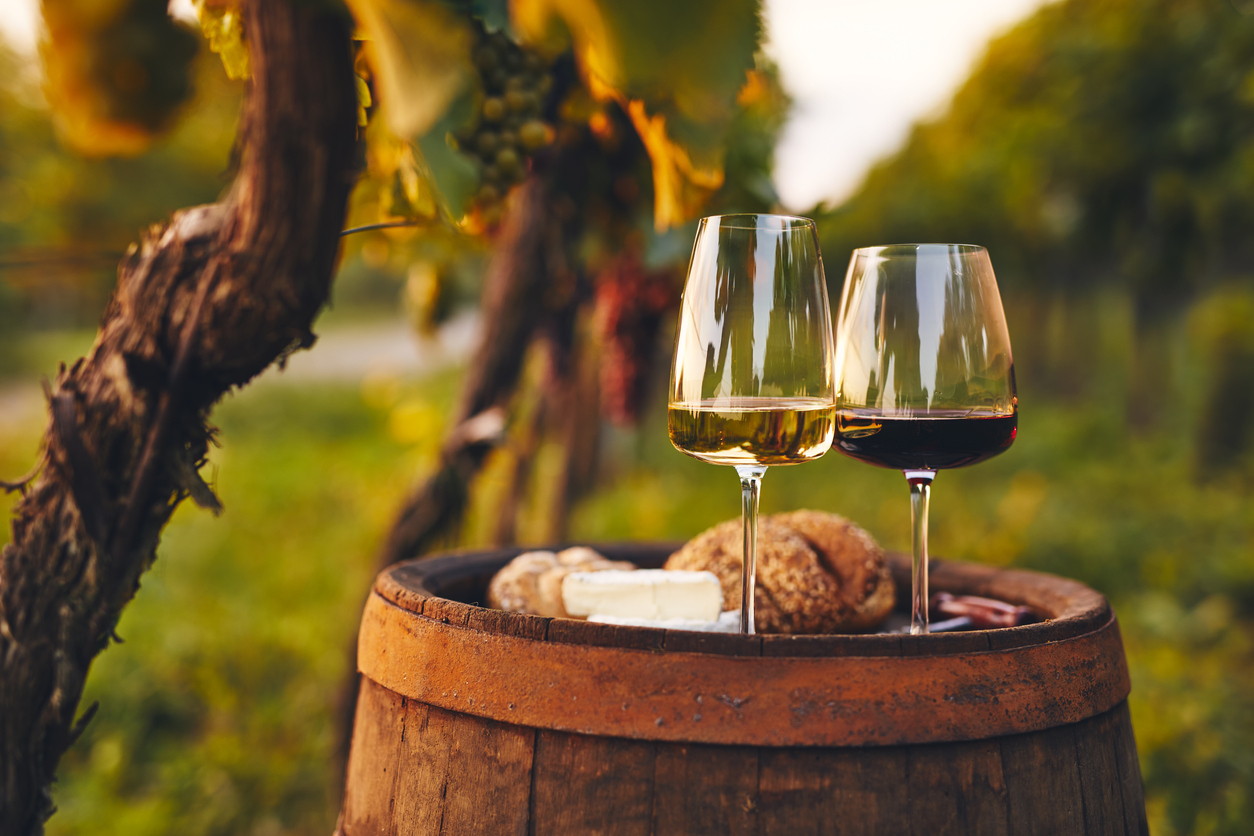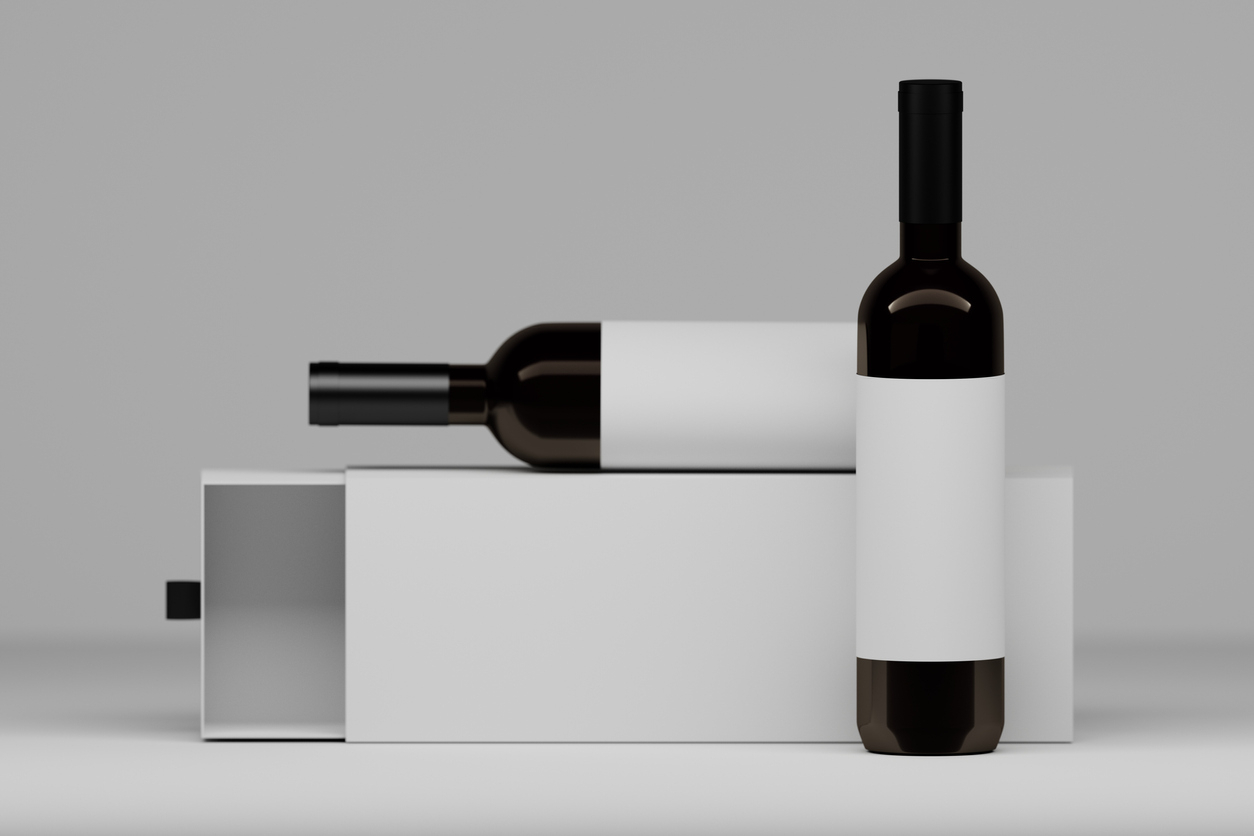Anthocyanes
Votre magazine sur le vin, le tourisme et la gastronomie.
Nos derniers articles
Nos articles par catégorie

Qui sommes-nous ?
Anthocyanes est un blog indépendant qui traite des sujets viticoles et gastronomiques avec passion et souci du détail.
Notre jeune média basé à Nantes en Loire-Atlantique vous propose son expertise au quotidien pour faire connaître de nouveaux vins et vous éduquer sur les meilleurs accords mets vins du moment.
Nous vous proposons régulièrement des recommandations touristiques et des bons plans en matière de tourisme oenologique (mais pas que !).
N’hésitez pas à nous contacter si vous avez des questions sur notre projet. Bonne visite !
A propos de Anthocyanes
Anthocyanes est une publication entièrement numérique, dédiée à explorer et partager l’univers envoûtant du vin. Conçue pour les passionnés de vin de tous niveaux, Anthocyanes combine une approche approfondie et rigoureuse avec un esprit ludique et une passion pour le vin.
Chez Anthocyanes, nous ne favorisons aucun courant particulier dans le monde du vin, qu’il s’agisse du bio, de la biodynamie ou des méthodes traditionnelles. Notre mission est de soulever des interrogations pertinentes, fournir des réponses réfléchies et surtout, révéler les histoires et les personnes derrière chaque bouteille de rouge, de rosé ou de blanc. Nous trouvons notre plus grande joie dans la découverte de nouveaux talents et de vignerons prometteurs.
À travers des portraits, des analyses de terroirs, des comparaisons de dégustations, des articles de fond et des tribunes libres, Anthocyanes insuffle une nouvelle dynamique à la culture du vin. Nous mettons l’accent sur les véritables acteurs du domaine plutôt que sur les célébrités, en allant au-delà des apparences pour répondre aux questions que se pose tout amateur de vin, quel que soit son niveau.












